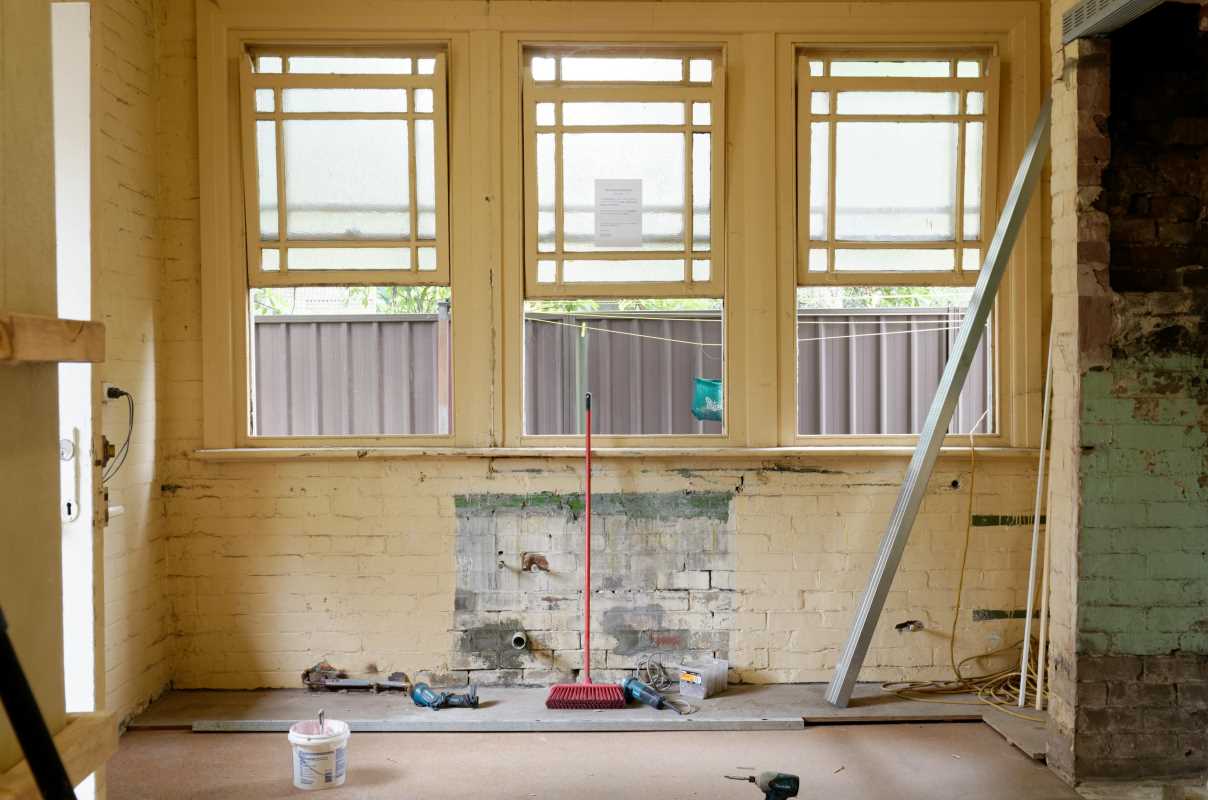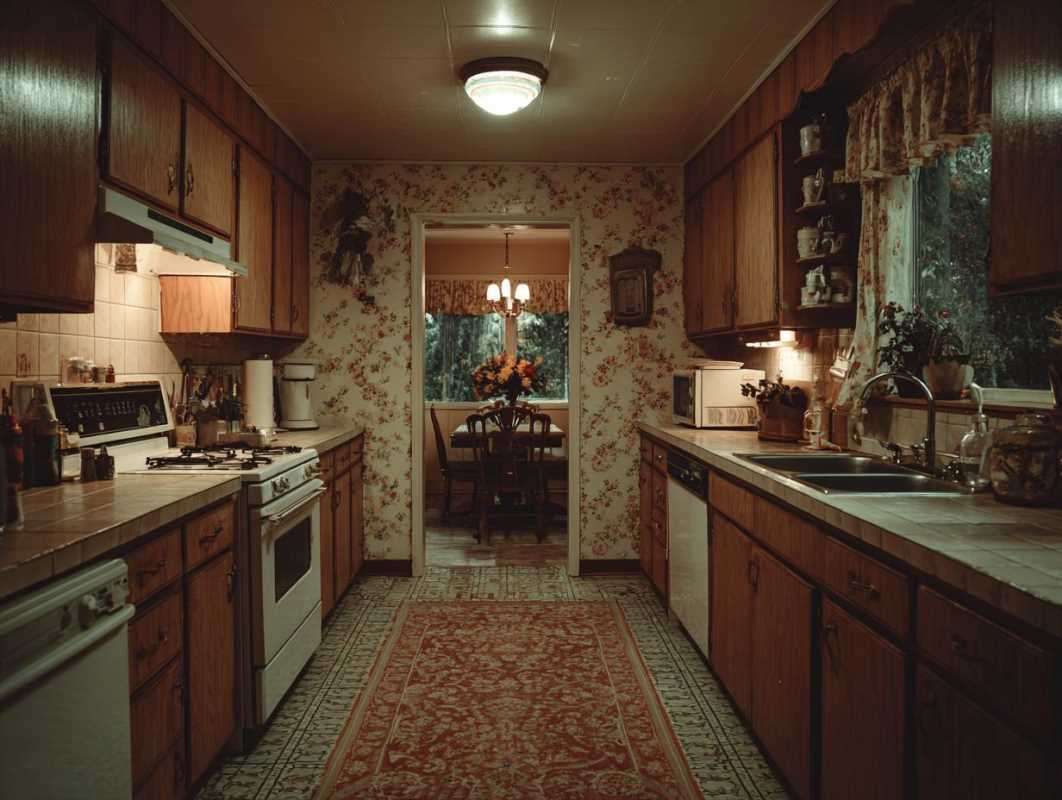I’ve spent countless hours watching home renovation shows. You know the ones—where a couple buys the most dilapidated house on the block and, through a whirlwind of sledgehammers and shiplap, transforms it into a stunning dream home. It’s inspiring, and it makes you think, "Maybe I could do that." The idea of buying a fixer-upper is tempting, especially when you see the lower price tag.
But as someone who has tackled a few projects, I can tell you that the reality is a lot messier and more complicated than what you see on TV. A fixer-upper can be a fantastic opportunity, but it can also become a financial and emotional drain. It’s a path that requires a clear head and a good understanding of what you’re getting into. So, before you start daydreaming about knocking down walls, let’s walk through the real pros and cons to help you figure out if a fixer-upper is the right move for you.
The Pros: Why a Fixer-Upper Might Be a Great Idea
Buying a house that needs work isn't for everyone, but for the right person, the rewards can be huge. Here are some of the biggest upsides.
1. A Lower Purchase Price
This is the most obvious advantage. Homes that need significant work are almost always priced lower than move-in-ready properties in the same neighborhood. This lower entry cost can make homeownership accessible in an area that might otherwise be out of your budget. For my wife and me, our first home needed a lot of cosmetic help, but it was the only way we could afford a place in the school district we wanted. A lower purchase price means a smaller mortgage, which can free up cash for the renovations themselves.
2. The Chance to Customize Everything
When you buy a turnkey home, you're living in someone else's vision. You get the kitchen cabinets they chose and the bathroom tile they liked. With a fixer-upper, you get a blank canvas. You have the opportunity to design a home that perfectly fits your style and needs. You get to pick the paint colors, the flooring, the light fixtures—everything. This was my favorite part of our last project; we designed a kitchen layout that worked exactly for how our family cooks and gathers, something we never would have found in a pre-existing home.
3. Building Instant Equity
Equity is the difference between what your home is worth and what you owe on it. When you buy a fixer-upper and improve it, you are actively increasing its value. This is often called "forced equity." For example, you might buy a house for $300,000 and spend $50,000 on renovations. If the newly updated home is now worth $400,000, you’ve just created $50,000 in equity. This can be a powerful financial move, giving you a greater return on your investment when you eventually sell.
The Cons: The Reality of Renovation
Now for the flip side. Renovations are rarely as simple as they seem, and it’s important to go in with your eyes wide open to the challenges.
1. The Never-Ending Budget
The number one rule of renovations is that they almost always cost more than you think. Unexpected issues are the norm, not the exception. You might tear down a wall and discover faulty wiring, or pull up old carpet to find a damaged subfloor. I once planned a simple bathroom update that turned into a major plumbing job because of old pipes we didn't know were there. It’s crucial to have a healthy contingency fund—at least 15-20% of your total renovation budget—set aside for these surprises. Without it, you could run out of money halfway through the project.
2. The Massive Time Commitment
Renovations take time. A lot of time. If you’re doing the work yourself, be prepared to sacrifice your weekends and evenings for months, or even years. Even if you hire contractors, you'll still spend a significant amount of time managing the project, making decisions, and dealing with inevitable delays. Living in a construction zone can be stressful and disruptive to your daily life. Dust gets everywhere, and for a while, you might not have a functional kitchen or bathroom. It’s a marathon, not a sprint.
3. The Stress Can Be Overwhelming
There's a reason they say that if a couple can survive a renovation, they can survive anything. The combination of financial pressure, constant decision-making, and living in a chaotic environment can be incredibly stressful. Disagreements over design choices, unexpected costs, and contractor issues can put a strain on relationships and your own mental well-being. It’s important to be honest with yourself about your tolerance for stress and chaos before you commit.
How to Decide if It's Right for You
So, how do you know if you’re cut out for a fixer-upper? It’s not just about being handy with a hammer. Here are a few questions to ask yourself.
- Are you financially prepared? Do you have enough cash for a down payment, closing costs, and the full cost of renovations (plus that contingency fund)?
- Do you have the time? Be realistic about your work schedule, family commitments, and how much free time you truly have to dedicate to a project.
- Do you have a support system? Whether it’s a trusted contractor, a skilled family member, or just a patient partner, you’ll need support to get through the tough moments.
- Do you have a vision? Can you look past the ugly wallpaper and cracked linoleum to see the potential? It takes a certain kind of vision to imagine what a space could be.
A Final Piece of Advice
My best advice is to start small. If you’ve never taken on a big project before, maybe look for a home that needs mostly cosmetic updates rather than a full gut job. You can build your skills and confidence along the way. A fixer-upper can be an incredibly rewarding journey, allowing you to create a home you love and build wealth at the same time. Just be sure you understand both the potential rewards and the very real risks before you take the plunge.
 (Image via
(Image via





